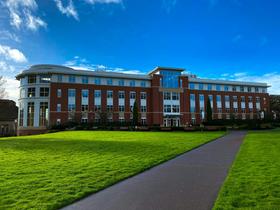Community colleges that are a part of Achieving the Dream have shown they are committed to student success through various proven methodologies. Those named leader colleges each year demonstrate exceptional standards of performance and practice, even among schools that have already been named as some of the top performers in the country. This year’s list of leader colleges provides a broad spectrum of community colleges from coast to coast. We’ll look at some of the top community colleges on the 2011 Achieving the Dream Leaders list and explore what it takes to become a part of this prestigious organization.
Four Principles Emphasized by Achieving the Dream
When it comes to improving student outcomes at community colleges across the country, Achieving the Dream subscribes to four basic principles that are highlighted on the organization’s website:
- Committed Leadership—This principle states that community college leaders are committed to the success of students across all demographics rather than simply focusing on enrollment numbers.
- Use of Evidence to Improve Programs and Services – Schools use data collected to determine gaps in student success and formulate effective strategies for bridging these gaps.
- Broad Engagement – Students' success at a community college depends on collaboration between faculty, administration, student services, and constructive feedback from students.
- Systemic Institutional Improvement – Using the data collected, Achieving the Dream schools create and regularly evaluate programs designed to enhance student success.
While these four principles apply to all of the Achieving the Dream community colleges, some of the schools






















